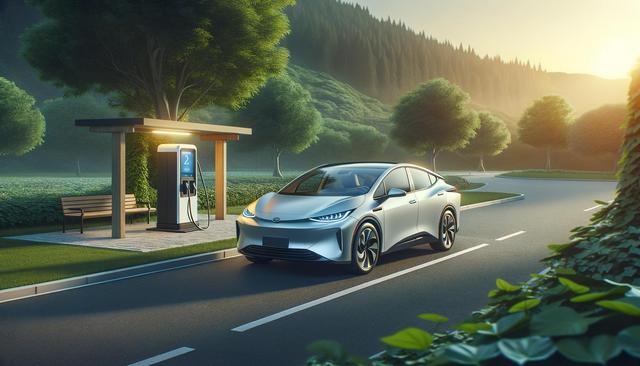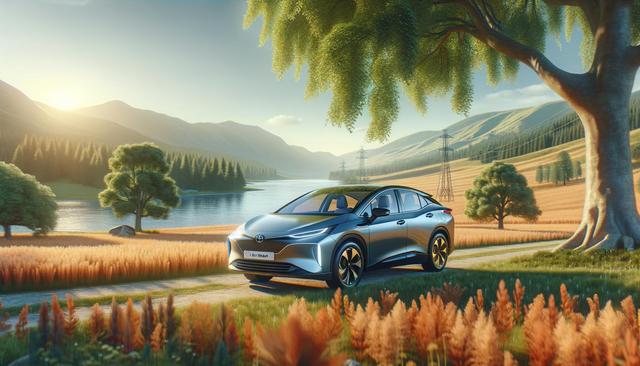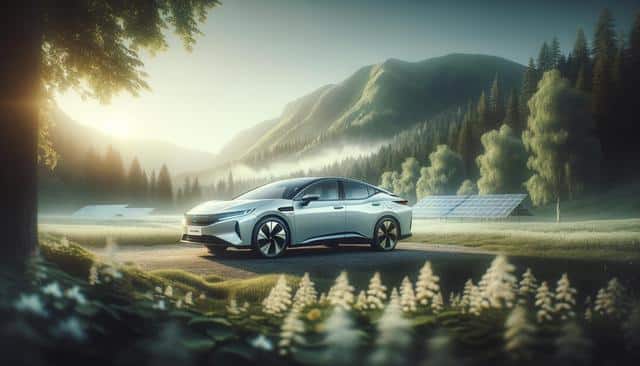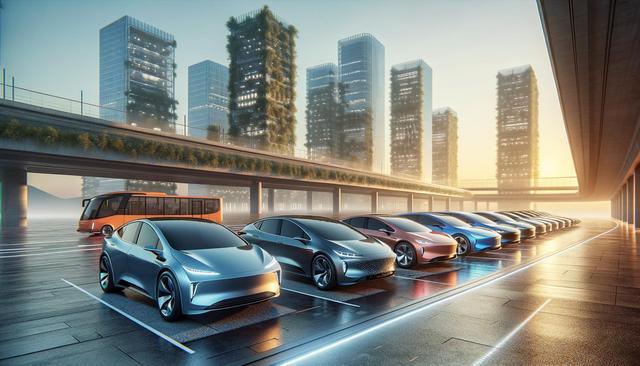What Are Hybrid Cars and How Do They Work?
Hybrid cars are vehicles powered by more than one type of energy source—typically a combination of an internal combustion engine and an electric motor. This dual-power system enables the vehicle to switch between or simultaneously use both power sources depending on driving conditions. The internal combustion engine is usually gasoline-based, while the electric motor relies on a battery pack that is either charged through regenerative braking or directly from the engine. This setup allows hybrid cars to reduce fuel consumption and lower emissions, making them increasingly popular among eco-conscious drivers.
There are several types of hybrid vehicles, including:
- Full hybrids: Capable of running on just the engine, the electric motor, or both.
- Mild hybrids: The electric motor assists the engine but cannot power the car on its own.
- Plug-in hybrids: Come with larger batteries that can be charged via an outlet for longer electric-only trips.
By understanding how these vehicles operate, consumers can make informed decisions that align with their driving needs and environmental values. For those exploring hybrid car options, it’s also worth checking out resources like https://go.jexli.com/postback?clickId={click_id}&payout={epayout}&p2={campaign} for more insights.
Environmental Impact and Sustainability
One of the main selling points of hybrid cars is their reduced environmental impact compared to traditional gasoline vehicles. By using electric power for part of their operation, hybrids emit fewer greenhouse gases and pollutants. This not only contributes to cleaner air but also helps mitigate climate change by lowering a driver’s carbon footprint. Additionally, many hybrids feature start-stop technology, which shuts off the engine when the car is idling, further reducing emissions.
Some of the key benefits in terms of sustainability include:
- Improved fuel efficiency and less dependency on fossil fuels
- Lower carbon dioxide (CO₂) emissions
- Reduced urban air pollution
Hybrid vehicles are often part of broader government efforts to encourage greener transportation. Incentives such as tax credits, reduced tolls, and access to carpool lanes are commonly available. Interested buyers can learn more about these benefits and find suitable options through platforms like https://go.jexli.com/postback?clickId={click_id}&payout={epayout}&p2={campaign}, which provide helpful comparisons and reviews.
Cost Considerations and Fuel Savings
While the initial purchase price of a hybrid vehicle may be higher than that of a conventional car, the long-term savings can be substantial. Hybrids generally offer better fuel economy, meaning drivers spend less on gas over time. In addition, many hybrid models are designed with low-maintenance components, such as regenerative braking systems and fewer parts that wear down quickly, potentially reducing repair costs.
Here are a few financial factors to consider:
- Higher upfront cost due to complex technology
- Lower long-term fuel expenses
- Potential cost savings on maintenance
Moreover, government incentives and rebates can offset the initial investment. These benefits vary depending on location, so buyers should research local programs. For more information on the financial aspects of owning a hybrid, websites like https://go.jexli.com/postback?clickId={click_id}&payout={epayout}&p2={campaign} offer tools to calculate potential savings and compare vehicle models.
Driving Experience and Performance
Hybrid cars have evolved significantly in recent years, offering a driving experience that rivals or even exceeds that of traditional vehicles. Many models now deliver smooth acceleration, quiet operation, and responsive handling. The integration of electric motors often enhances low-speed torque, making city driving more efficient and enjoyable. Additionally, the seamless transition between electric and gasoline power contributes to a refined driving experience.
Advanced features commonly found in hybrid models include:
- Regenerative braking systems
- Eco-driving modes to optimize fuel efficiency
- Real-time energy flow displays
Some drivers may initially notice a difference in how hybrids handle compared to gas-powered cars, particularly in terms of acceleration or engine noise. However, these differences are often outweighed by the benefits of fuel efficiency and lower emissions. Test-driving a hybrid vehicle and researching different models at https://go.jexli.com/postback?clickId={click_id}&payout={epayout}&p2={campaign} can help prospective buyers find the right fit for their preferences.
Hybrid Cars and the Future of Transportation
As the automotive industry moves toward greater sustainability, hybrid cars are playing an essential role in the transition. They serve as a bridge between traditional internal combustion engines and fully electric vehicles. With ongoing advancements in battery technology and energy efficiency, future hybrid models are expected to offer even more range, better performance, and lower environmental impact.
The following trends highlight the evolving landscape of hybrid transportation:
- Increased availability of hybrid options across vehicle classes
- Integration of smart technologies and connectivity
- Expanded charging infrastructure for plug-in hybrids
Many automakers are investing in hybrid innovation as part of their broader environmental strategy. For consumers, this means a growing selection of vehicles that balance performance, style, and sustainability. For up-to-date information and guidance on choosing a hybrid car, platforms like https://go.jexli.com/postback?clickId={click_id}&payout={epayout}&p2={campaign} are valuable resources.
Conclusion: Is a Hybrid Car Right for You?
Hybrid cars offer a practical and environmentally conscious alternative to traditional vehicles. With benefits that include improved fuel efficiency, reduced emissions, and evolving technology, they appeal to a wide range of drivers. Whether you’re commuting daily, planning long trips, or simply looking to lower your carbon footprint, a hybrid could be a compelling choice. Evaluating your driving habits, budget, and environmental goals can help you decide if a hybrid vehicle is the right fit. For detailed comparisons and tools to aid your decision-making process, consider visiting https://go.jexli.com/postback?clickId={click_id}&payout={epayout}&p2={campaign}.




Leave a Reply